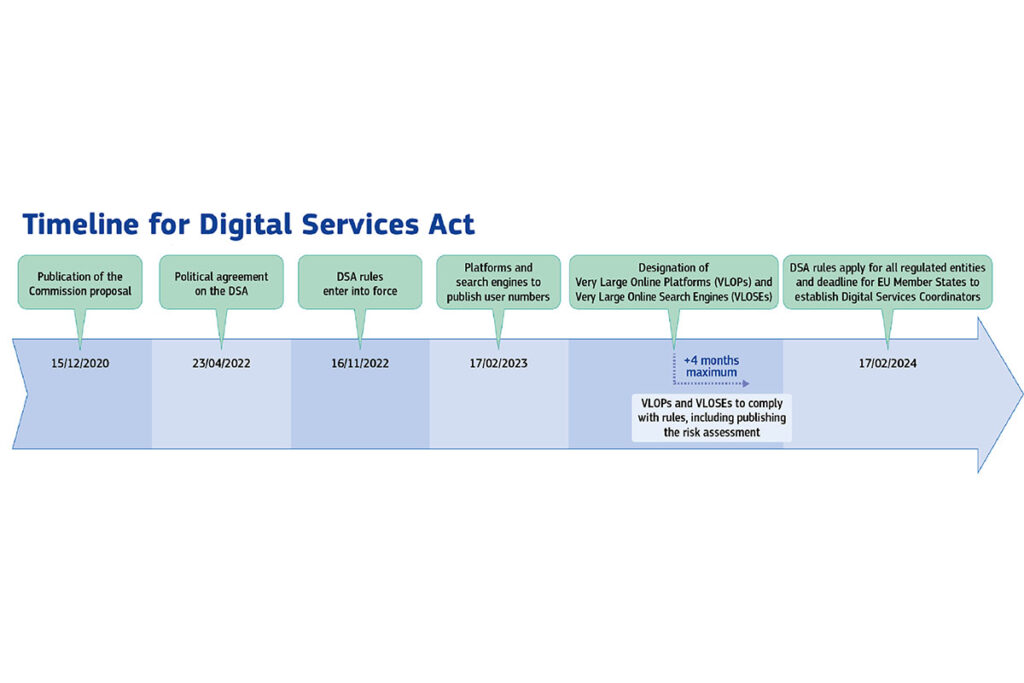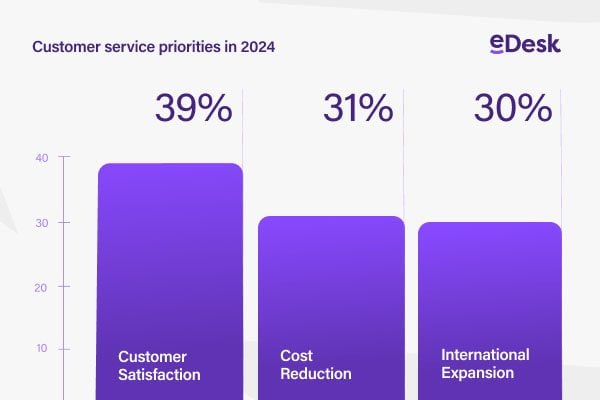On Friday the Digital Services Act (DSA) came into force with marketplaces required to start reporting the number of active end users on their websites.
The reason for the new regime is that accusation by the EU that online platforms act as a rule unto themselves and impose draconian rules that are unfair on EU citizens. Some might even agree when they have been subject to various restrictions by marketplaces, but in truth the Act is unlikely to impact too many cases of rule infringement but will give more routes to complain.
The DSA applies to all digital services that connect consumers to goods, services, or content. It creates comprehensive new obligations for online platforms to reduce harms and counter risks online, introduces strong protections for users’ rights online, and places digital platforms under a unique new transparency and accountability framework.
Designed as a single, uniform set of rules for the EU, the Digital Services Act rules aim to give users new protections and businesses legal certainty across the whole single market.
- to create a safer digital space in which the fundamental rights of all users of digital services are protected;
- to establish a level playing field to foster innovation, growth, and competitiveness, both in the European Single Market and globally.
Despite a range of targeted, sector-specific interventions at EU level, there were still significant gaps and legal burdens to address in the beginning of the 2020s. For example some large platforms control important ecosystems in the digital economy. They have emerged as gatekeepers in digital markets, with the power to act as private rule-makers. These rules sometimes result in unfair conditions for businesses using these platforms and less choice for consumers.
– European Commission
Online platforms, should have published their number of active users by 17 February 2023. If the platform or a search engine has more than 45 million users (10% of the population in Europe), the Commission will designate the service as a very large online platform or a very large online search engine. These services will have 4 months to comply with the obligations of the DSA, which includes carrying out and providing the Commission with their first annual risk assessment. EU Member States will have to appoint Digital Services Coordinators by 17 February 2024, when also platforms with less than 45 million active users have to comply with all the Digital Services Act rules.
Smaller platforms and start-ups, the EU say, will benefit from a reduced set of obligations, special exemptions from certain rules, and most crucial increased legal clarity and certainty for operating across the whole EU’s single market.
The Commission is rapidly preparing to take on its new role as supervisor for some of the world’s largest and most influential tech companies that millions of European citizens and businesses use every day. These new rules launch us into a new age, where big online platforms will no longer behave like they are too big to care. The new rulebook will be supported by strong oversight and enforcement, including fines of up to 6% of global turnover in the event of non-compliance and even a ban on operating in the EU single market in case of repeated serious breaches. Everyone is welcome to do business in the EU, but they will have to follow these new rules.
– Thierry Breton, Commissioner for Internal Market





